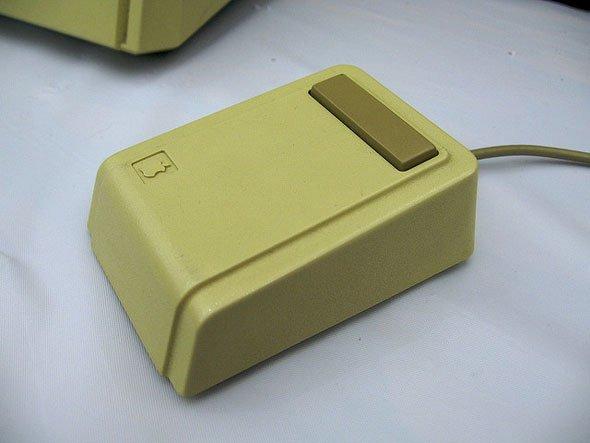In a one-on-one interview with '60 Minutes,' founder of global product design firm IDEO David Kelley discusses a number of high-profile projects including Apple's first mouse, as well as his relationship with Steve Jobs.
Over the 12-minute interview with Charlie Rose, Kelley outlines the philosophy behind "design thinking," an approach based on empathy for the consumer, or figuring out what people want by observing their behavior. Also key to the process is collaboration and brainstorming between a diverse team of workers with wildly varied backgrounds, which includes software engineers to journalists.
In 1978, Kelley's firm was contracted by late Apple cofounder Steve Jobs to come up with the company's first mouse, a single-button trackball design that was both intuitive and simple to operate. The meeting sparked a long relationship between Kelley and Jobs, one that would yield computer designs like the Apple III and the Lisa.
While not the focus of the interview, Jobs was mentioned more than once including a story about Kelley's battle with cancer. As Kelley tells it, when he was diagnosed with throat cancer, Jobs, who was also fighting an ultimately fatal bout with pancreatic cancer, told Kelley to move straight to Western medicine and forego holistic treatments. Jobs was known to have attempted herbal remedies before moving to more conventional cancer treatments.
Kelley's CBS interview is embedded below, with more anecdotes regarding his relationship with Jobs at the 3:00 and 7:30 marks.
 AppleInsider Staff
AppleInsider Staff








 Wesley Hilliard
Wesley Hilliard
 Christine McKee
Christine McKee
 Malcolm Owen
Malcolm Owen

 William Gallagher
William Gallagher


 Mike Wuerthele
Mike Wuerthele




-m.jpg)



23 Comments
Great segment. While I enjoyed his take on Steve J., I thought he was also very interesting (and right).
Makes one wonder if Steve would have used western medicine right from the start, maybe he would be alive today? It's always good to hear some one speak so well about Steve. So many non Apple end users out there are very negative on Steve even to this day. They really don't get how large a contribution Steve made to the tech industry. Quite sad.
Dear Charlie Rose, It's called Ergonomics and/or Human Factors Engineering.
I'm biased as a mechanical engineer with a very diverse education of several minors and computer science to boot, but when I watch this as if it's some ingenious idea It saddens me how myopic most people are to think this is astonishing.
I've never understood how so few people observe and I mean truly observe with the concept of how interaction can be improved in all walks of life.
The school chair with coasters is not an ingenious idea. In fact, it's a bad idea. Kids will move around all over a classroom with coasters. Just what a teacher needss--to herd a bunch of cats.